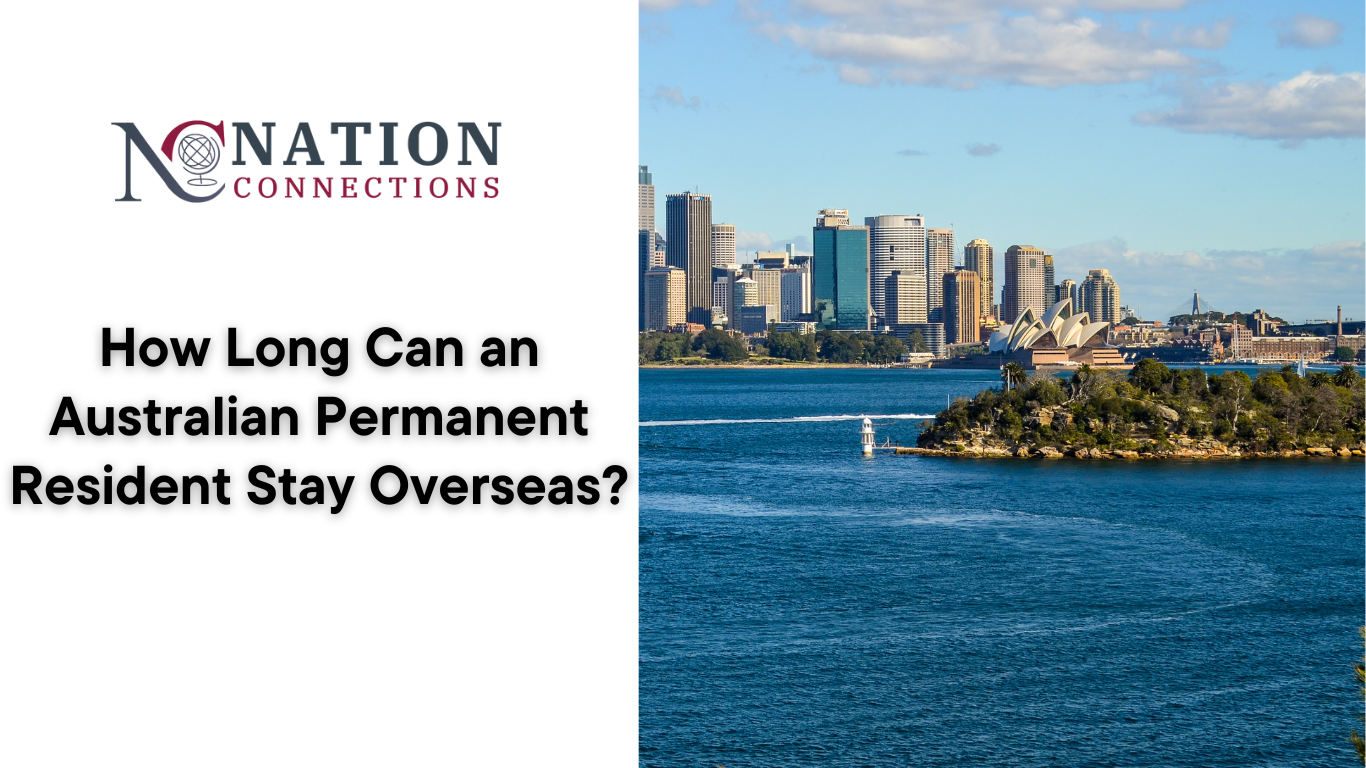
Australian permanent residency grants individuals the right to live, work, and study in Australia indefinitely. However, it’s essential to distinguish between the right to reside in Australia and the right to re-enter after traveling abroad. While permanent residents can stay in Australia without time limitations, their ability to return after overseas travel is governed by specific conditions.
Upon being granted permanent residency, individuals receive a 5-year travel facility. This facility allows unrestricted travel in and out of Australia for five years from the date of visa grant. It’s crucial to note that this travel facility is separate from the permanent residency itself; the former pertains to re-entry rights, while the latter concerns the right to reside in Australia.
During the initial five years, permanent residents can travel abroad and return to Australia freely. There are no restrictions on the duration of overseas stays within this period, provided the travel facility remains valid. However, it’s advisable to maintain ties with Australia, such as property ownership, employment, or family connections, to support future residency or citizenship applications.
If a permanent resident remains overseas beyond the 5-year travel facility’s expiry, they lose the automatic right to re-enter Australia. While their permanent residency status doesn’t expire, re-entry requires obtaining a Resident Return Visa (RRV). Without a valid RRV, re-entry into Australia as a permanent resident is not permitted.
The RRV is designed for permanent residents whose travel facility has expired. There are two subclasses:
Subclass 155: For those who have spent at least two years in Australia within the last five years. This visa grants a 5-year travel facility.
Subclass 157: For those who haven’t met the two-year requirement but have compelling reasons for their absence. This visa typically grants a 3-month travel facility.
Applying for an RRV involves demonstrating substantial ties to Australia or providing compelling reasons for extended overseas stays.
Applicants who haven’t met the two-year residency requirement must show substantial ties to Australia, which can be:
Economic: Business interests, employment, or property ownership.
Cultural: Participation in cultural organizations or events.
Personal: Family relationships or long-term friendships.
Providing evidence of these ties strengthens the RRV application.
Extended periods abroad can affect eligibility for Australian citizenship. Applicants must meet residency requirements, typically involving physical presence in Australia for a certain duration. Time spent overseas may delay or complicate the citizenship application process.
To preserve permanent residency status while overseas:
Monitor Travel Facility Expiry: Use the Visa Entitlement Verification Online (VEVO) system to check travel facility status.
Apply for RRV Timely: If planning to stay abroad beyond the travel facility’s expiry, apply for an RRV in advance.
Maintain Australian Ties: Keep connections through property, employment, or family.
Scenario 1: A permanent resident stays abroad for 4 years and returns before the travel facility expires. No issues arise.
Scenario 2: A permanent resident stays abroad for 6 years without renewing the travel facility. They must apply for an RRV to re-enter Australia.
Scenario 3: A permanent resident hasn’t lived in Australia for two years but has family ties. They can apply for an RRV by demonstrating substantial personal connections.
How long can I stay overseas as a permanent resident?
You can stay overseas for up to five years from the date your travel facility was granted. After that, you’ll need an RRV to return.
Does my permanent residency expire if I stay abroad too long?
No, your permanent residency doesn’t expire, but your right to re-enter Australia does once the travel facility expires.
What if I don’t meet the two-year residency requirement for an RRV?
You can still apply for an RRV by demonstrating substantial ties to Australia or providing compelling reasons for your absence.
Can I apply for an RRV while overseas?
Yes, you can apply for an RRV from outside Australia. Ensure you have the necessary documentation to support your application.
How does extended overseas stay affect my citizenship application?
Extended stays abroad can delay your eligibility for citizenship, as you must meet specific residency requirements.
Is there a limit to how many times I can apply for an RRV?
There’s no limit, but repeated applications without strong ties to Australia may lead to shorter travel facilities being granted.
Understanding the nuances of Australian permanent residency and the associated travel facility is crucial for those planning extended stays abroad. While the permanent residency status allows indefinite residence in Australia, re-entry rights are governed by the travel facility’s validity. By staying informed and maintaining strong ties to Australia, permanent residents can ensure seamless travel and uphold their residency status.



